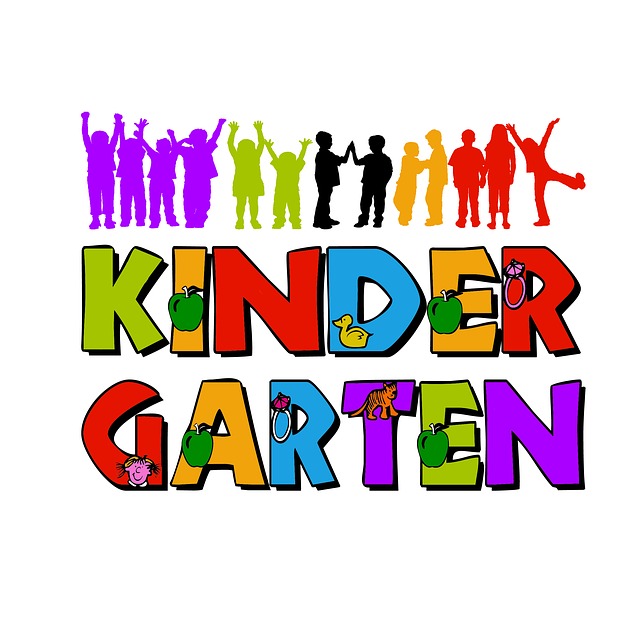What should I know about transitioning a preschooler with special needs?
If your child has special needs, you may have additional decisions to make about the length of your child’s school day, different school sites, or program types. It is important to begin working with the school team as early as possible so that everyone, especially your child, feels comfortable with all the changes that will occur.
For incoming kindergartners with special needs, the federal special education law (i.e., the Individuals with Disabilities Education Act) allows the school team to develop either an Individual Family Service Plan (IFSP) or an Individualized Education Plan (IEP). However, no matter which plan your child has, it should be appropriate for a kindergarten-aged child rather than for a preschooler.
Today’s kindergarten
Kindergarten classrooms of today hardly resemble those of your childhood memories. Today’s kindergarten classrooms have high expectations for children’s academic achievement, socials skills, and independence. Parents should also have high expectations for their child’s kindergarten program.
Good kindergarten programs:
• Support and encourage all children, regardless of prior preschool experience, culture, language, ability, or disability.
• Use teaching practices that are challenging but appropriate for kindergarten-aged children.
• Encourage children’s enthusiasm about learning.
• Provide a balanced curriculum with activities in language arts, mathematics, science, social studies, art, and physical education.
• Invite parents to participate in their child’s education.
What can I do to prepare?
Having a child entering kindergarten can be a time of excitement and stress for parents. Planning ahead will make this time less stressful for you and your child. To get ready for your child to enter kindergarten you should:
• Decide which kindergarten program your child will attend.
• Request an enrollment packet from the school—notice the important dates and deadlines.
• Schedule an appointment with your child’s pediatrician to make sure that his or her immunizations and health screenings are up-to-date.
• Give your child’s current preschool program permission to share documents and information with the new school.
• Attend an open house or schedule a tour of your child’s new school before school starts.
• Meet your child’s new teacher and share your ideas about your child’s interests, strengths and any areas of concern.
• Find out how you can become involved in your child’s classroom, school committees, and the PTA.
What can I do to prepare my child?
Kindergarten will be a time of many changes for your child. He or she will have to adjust to new teachers, new children, new schedules, and routines. Having a successful entry into kindergarten will help your child have a positive attitude about school and learning. To get your child ready for kindergarten, you should:
• Read books about starting kindergarten.
• Talk enthusiastically with your child about starting kindergarten.
• Reassure your child’s feelings of anxiety or fear.
• Plan for your child to visit his or her new school.
• Tell your child about the kinds of work he or she will be doing in kindergarten.
• Talk about and practice new routines.
• Spend extra time on the first day of school but do not “drag out” saying good-bye.
Resources
Books
Mrs. Bindergarten Gets Ready for Kindergarten.
Joseph Slate, Ashley Wolff.
The Night Before Kindergarten.
Natasha Wing, Julie Durrell.
Look Out Kindergarten, Here I Come!
Nancy Carlson.
What Do We Say? What Do We Do? Vital Solutions for Children’s Educational Success and Creating Positive Home School Connections.
Dorothy Rich.
Online resources
“Top 10 Signs of a Good Kindergarten”
www.naeyc.org
“Tools You Can Use”
www.nea.org/parents/tools/index.html
Organizations
National Education Association
www.nea.org
National PTA
www.pta.org

